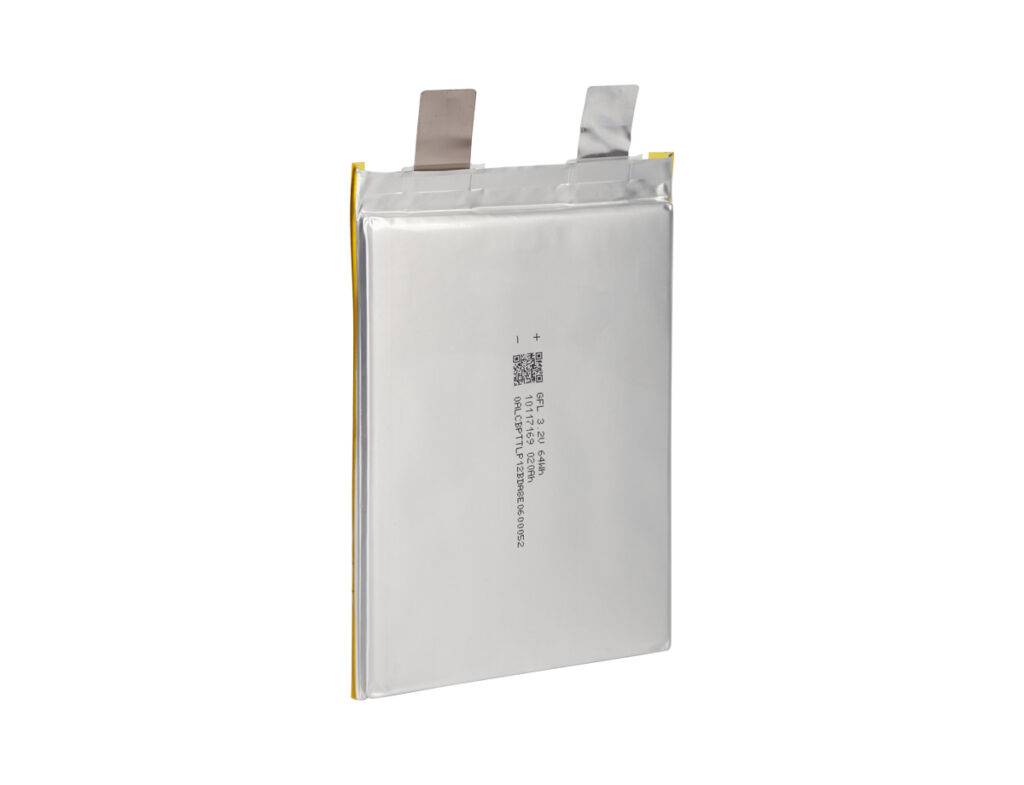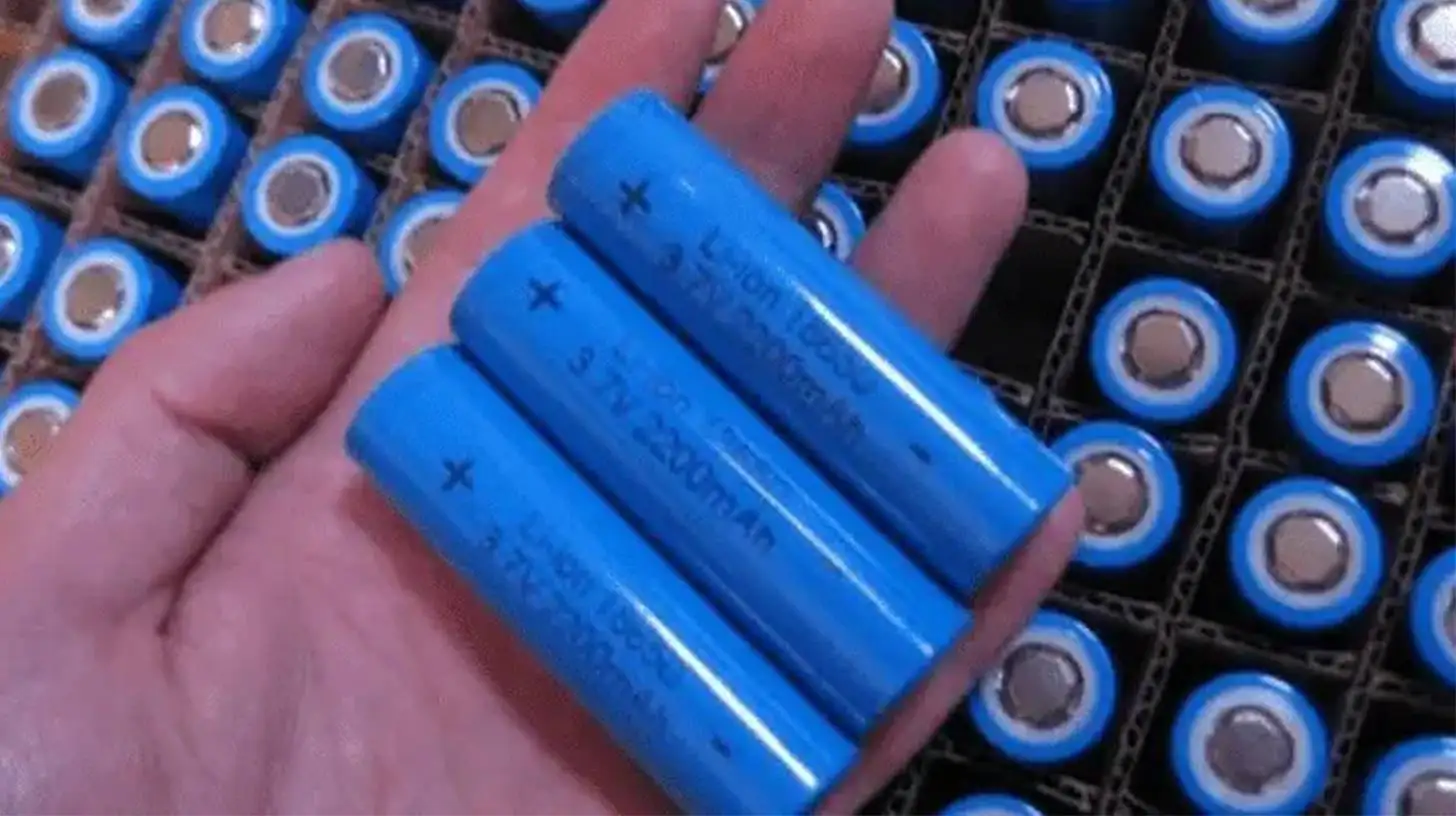Are you confused about which type of battery cell to choose for your electronic devices? With so many options available in the market, it can be overwhelming to make a decision. In this blog post, we will compare three popular types of battery cells – prismatic, cylindrical and pouch – and help you understand their pros and cons so that you can choose the best one for your needs. So let’s dive in!

#post_seo_title
What are Prismatic, Cylindrical, and Pouch battery cells?
Prismatic battery cells are rectangular in shape and have a flat plate structure. They are the most commonly used type of battery cell in laptop computers and other portable electronic devices.
Cylindrical battery cells are round in shape and have a cylindrical structure. They are often used in power tools and other devices that require high power output.
Pouch battery cells are flat and thin, similar to prismatic cells. They are often used in small electronic devices such as watches and calculators.
Advantages and disadvantages of each type
There are three main types of battery cells: prismatic, cylindrical, and pouch. Each type has its own advantages and disadvantages.
Prismatic cells are thin and flat, making them easy to stack and pack into a battery. However, they are also more delicate than other types of cells and can be damaged easily.
Cylindrical cells are the most common type of battery cell. They are strong and durable, but can be difficult to pack into a battery due to their round shape.
Pouch cells are the newest type of battery cell. They are flexible and can be packed into a variety of shapes. However, they are also more expensive than other types of cells.
Which one is the best?
When it comes to choosing the best type of battery cell for your needs, it really depends on what you are looking for. Each type has its own set of pros and cons that you will need to weigh up in order to make the best decision.
Prismatic cells tend to be more versatile and can be used in a variety of applications. They are also typically more durable and have a longer lifespan than other types of cells. However, they can be more expensive and may not offer as much power density as other options.
Cylindrical cells are often the preferred choice for high-powered applications due to their high power density. They are also usually less expensive than prismatic cells. However, they can be more difficult to work with and may not be as durable.
Pouch cells are a newer technology that offers several advantages over traditional battery cells. They are typically lighter weight and more compact, making them ideal for portable applications. They also have a higher power density, meaning they can pack more power into a smaller space. However, pouch cells can be more expensive than other types of cells and may not be as widely available.
Are pouch batteries better than cylindrical?
Pouch batteries have several advantages over cylindrical batteries, including being lighter and more compact, having a higher energy density, and being more resistant to mechanical shocks. Pouch batteries also have a lower self-discharge rate than cylindrical batteries, meaning they will retain their charge for longer.
What is the difference between prismatic and pouch batteries?
Prismatic batteries are made up of a stack of thin, flat cells. They are popular in cell phones and other small electronics because they can be easily molded to fit the device. Pouch batteries are similar to prismatic batteries, but the cells are not stacked; instead, they are arranged in a pouch. This makes pouch batteries more flexible, which is why they are often used in larger devices such as laptops.
What is the advantage of pouch cell?
Pouch cells offer a number of advantages over other battery cell types. They are lighter and thinner than cylindrical or prismatic cells, making them ideal for use in portable electronics and electric vehicles. Pouch cells also have a higher energy density, which means they can store more energy in a given volume. This makes them more efficient and allows for smaller, lighter batteries. Additionally, pouch cells can be stacked and arranged in a variety of shapes to fit the specific needs of a particular application.
Conclusion
All in all, the type of battery cell you choose will depend on your individual needs and preferences. Prismatic cells are lightweight and offer high energy density for a long life. Cylindrical Cells provide good performance at an affordable price point, while pouch cells give you high performance over multiple charge cycles. Ultimately, no matter which type of battery cell you choose from these three options, they all have advantages and disadvantages that should be considered before making a decision.


